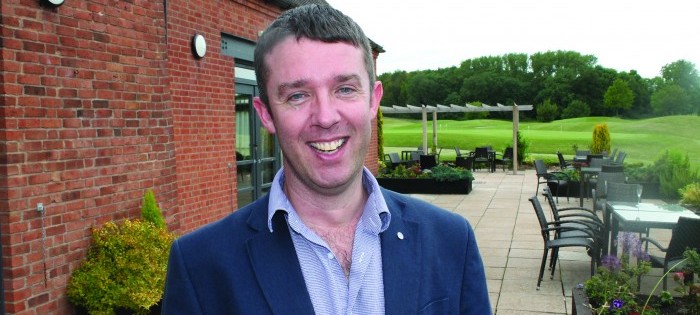Duncan Berkshire, one of the lead vets within the five-vet pig team at Bishopton Veterinary Group, on why the forced changes to farm assurance assessments might seem ‘strange’, but could also represent change for the good
What a change to our sector over the last few weeks – we are seeing a marketplace where food is starting to be recognised as an important commodity.
Having been challenged by many groups over the last few years, not least by our leaders in Government, we may be on the cusp of being officially recognised for our important role in food production – long overdue.
With that recognition comes responsibility. Our end users, the consumers, rely on us to look after the animals under our care to a standard that they can be confident in, both in the quality and safety of the food that they buy, and the knowledge that the animals have lived an appropriate quality of life.
The UK is still market leading in many aspects of welfare on pig farms and this is the time to make sure this is maintained as part of discussions over the coming months.
The updated Pig Welfare Code, in place since March 1, brings significant changes in terms of what is required on farm. Many have been documented in Pig World, and both PVS and NPA are communicating with their members directly as further areas are clarified. Recording is certainly important in order to back up our claims to our end users.
Nowhere is this more important than with vice on farm, and there are tools to help ensure you have the right details noted, for example, WebHAT. If you are not making records of any vice episodes on your farm, this needs to change. The environmental parameters that should be recorded are still being negotiated between PVS, NPA and Defra, but details will follow soon.
Good stockpeople are at the heart of our sector, but how do we prove this? How we can make it clear to our consumers that we are as good as we say we are will be incredibly important as we look to challenge the relatively cheap imports of pork over the next couple of years. We have an amazing opportunity while food is high on the agenda.
Our assurance schemes are the backbone of that proof, which is why remote assessments have been introduced to try and bridge the gap.
Although far from ideal, where there is no clinical reason for your vet to visit your farm, the human risk needs to be prioritised. They can’t see (or smell) what is going on, but please discuss with them areas of welfare, production, challenge, training and staff.
A different approach can sometimes throw up a completely different angle on your unit. Yes, it’s strange, but it could also bring about an equal change for the good.




